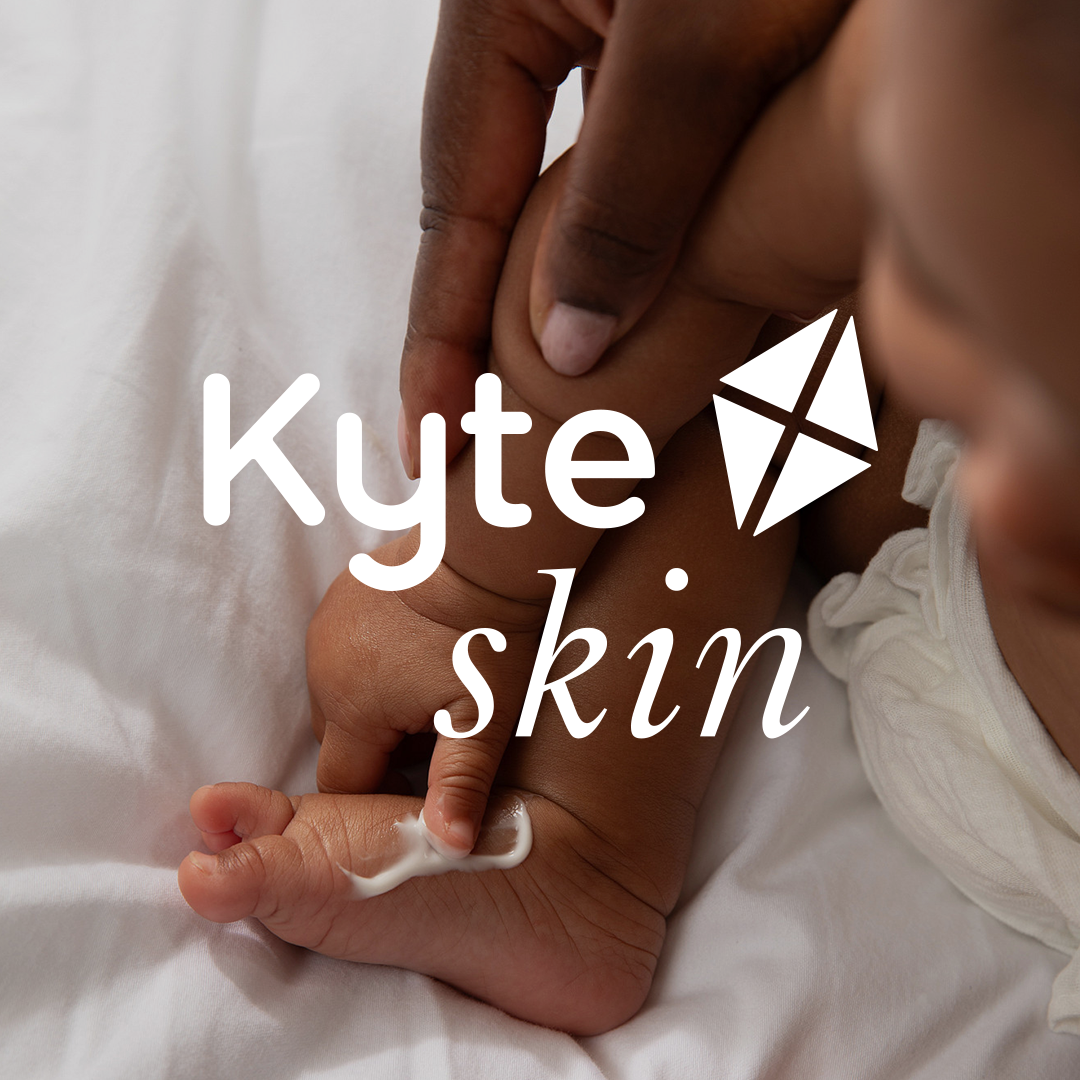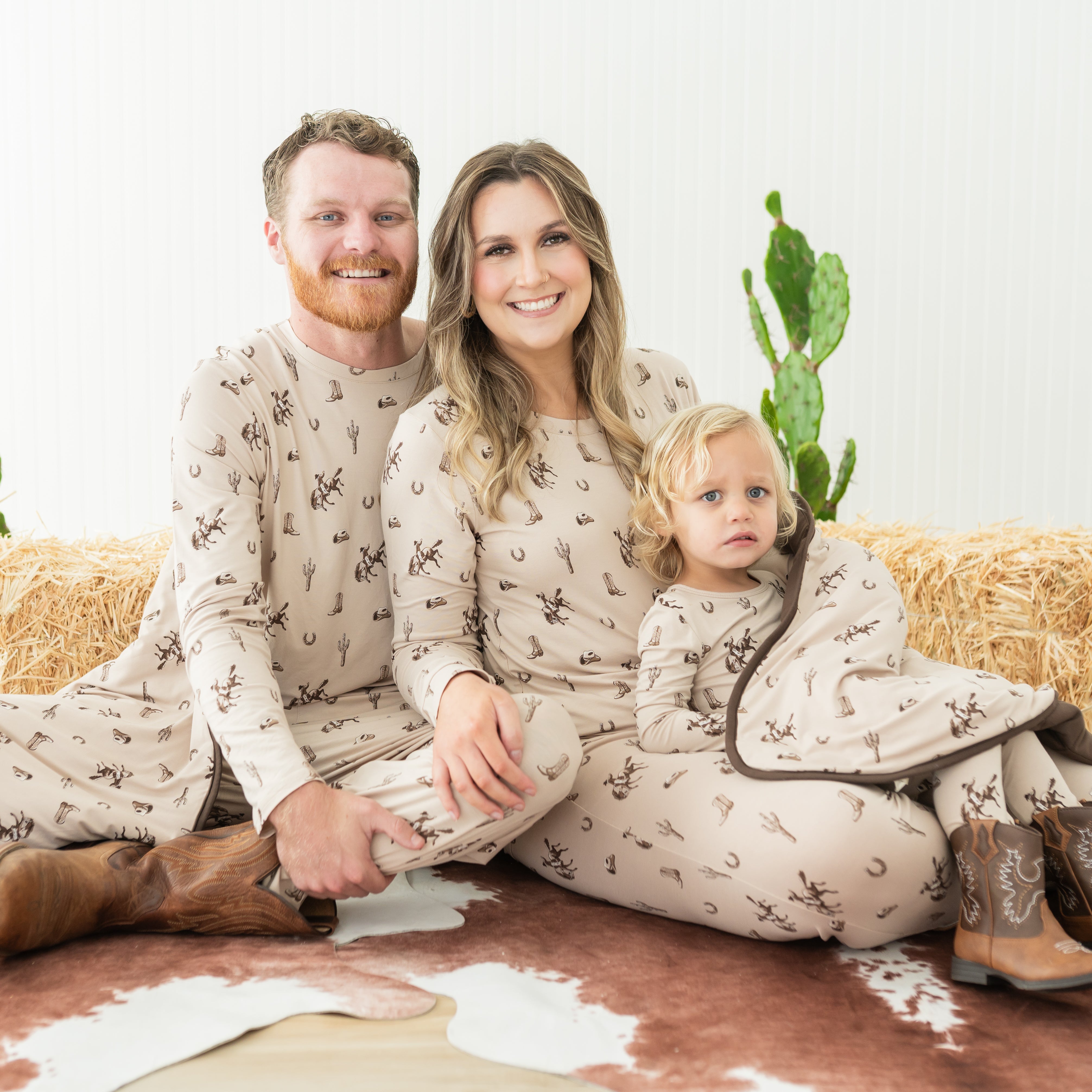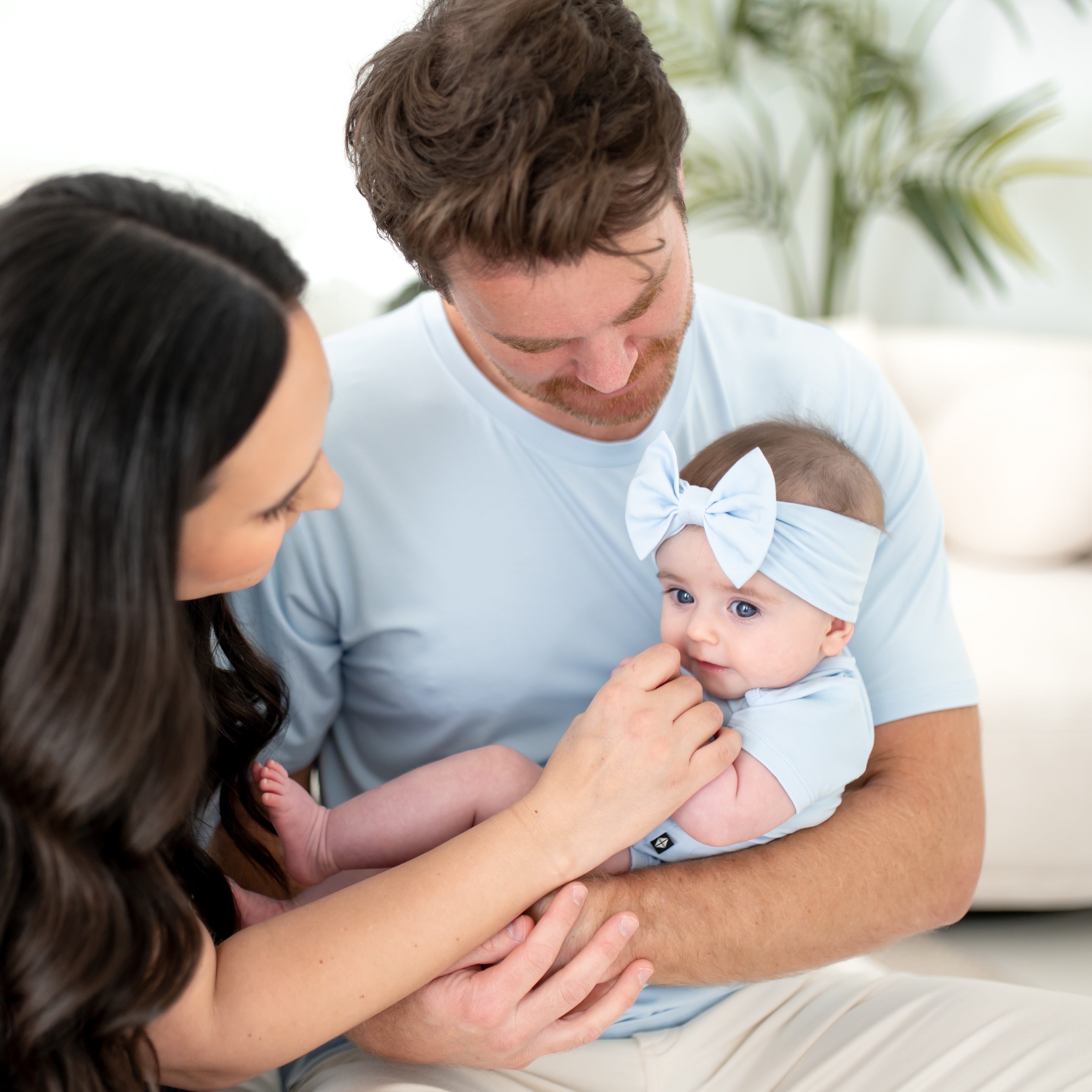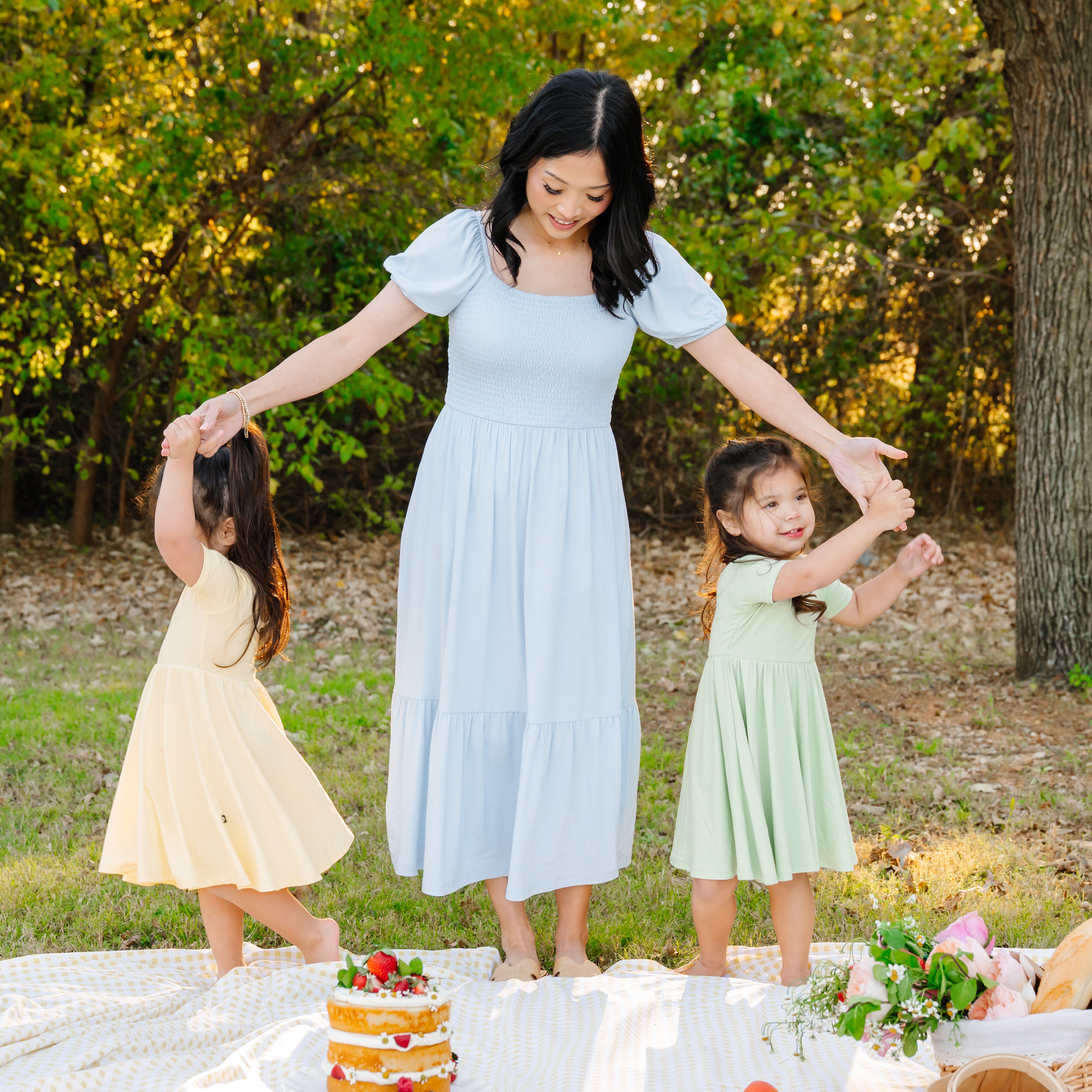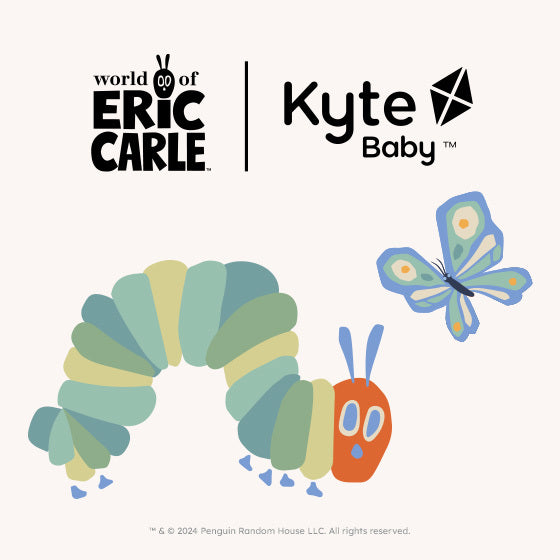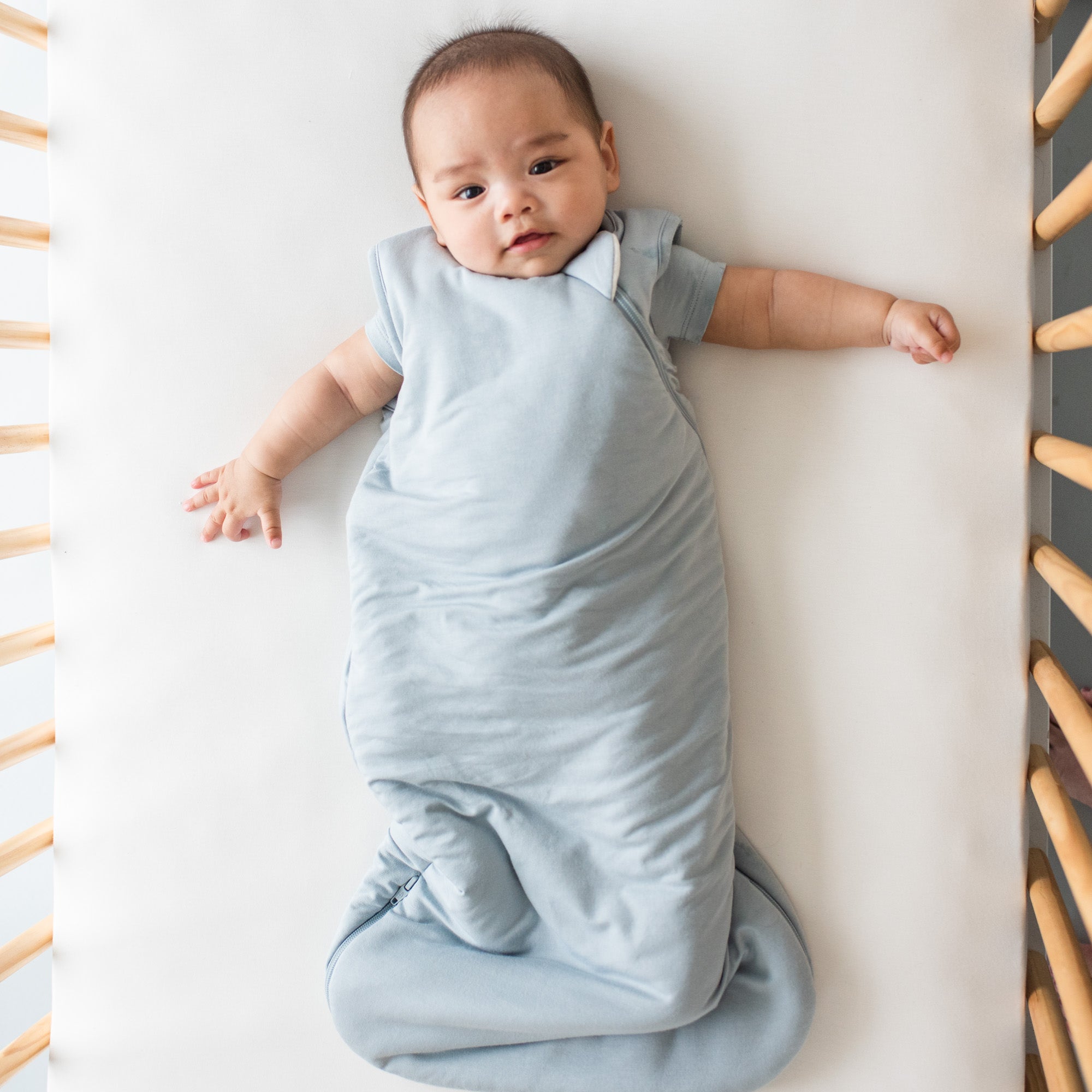Sleep is essential for a healthy lifestyle, but even more so when you’re pregnant or postpartum! However, that doesn’t mean sleep is easy to come by. Most women experience sleep disturbances during pregnancy or postpartum so here are 10 tips to help you rest as much as you can! We want you to take care of yourself during this extra special time of your life so that you can enjoy it as much as possible!
Sleep Recommendations During Pregnancy
It can seem hard to get the required amount of sleep during the night with all the possible sleep disturbances women experience!
According to this study, “Hormonal alterations during early pregnancy, enlargement of the fetus during late pregnancy, and a newborn with random sleep-wake patterns all contribute to disrupted sleep.”
Fun fact: progesterone secretions from the placenta (the hormone essential for maintenance of pregnancy) is known to cause fatigue and earlier sleep onset.
So how much sleep should you aim to get? Current evidence supports the general recommendation for obtaining 7 or more hours of sleep per night on a regular basis to promote optimal health. Health care providers should prescribe 8 hours of bed time during pregnancy to assure adequate sleep as researchers found “women who slept less than 6 hours at night had longer labors and were 4.5 times more likely to have cesarean deliveries. Women with severely disrupted sleep had longer labors and were 5.2 times more likely to have cesarean deliveries.”
“Another study reports that the sleep you get in your first trimester can affect your health in the third trimester. Women who don’t get enough sleep (less than five hours per night) in the first trimester are nearly 10 times more likely to develop preeclampsia late in pregnancy.”
Best Sleep Position for Pregnancy
According to Expecting and Empowered: The best position for sleeping while pregnant is on your left side. You’ll want to keep your ribs tucked in, right over your pelvis. Use a pregnancy pillow (or just regular pillows) tucked in alog your back to keep you from rolling! Tuck a pillow between your legs, all the way up to your groin to keep your pelvis in good alignment.
Other Considerations for Sleep Positioning During Pregnancy
-
Scrunch a pillow under your head and neck
-
Keep your chin tucked in
-
Tuck a wedge under your bump or roll a towel up and place it right above your hips
-
Keep your knees together/at the same level
The optimal position for sleeping during postpartum is on your back, surprisingly. Place pillows under your legs to support your low back, one under your thighs and one under your lower leg/feet!
Massage or Regular Chiropractic Adjustments
Getting to relax and/or making sure your body is aligned well can go a long way in keeping you comfortable, especially when you’re near the end of your pregnancy! Staying comfortable and pain free is one way to improve your sleep while pregnant as well as postpartum. Your body goes through a lot of changes and potentially trauma during labor/delivery.
Decreasing Swelling and Discomfort During Pregnancy and Postpartum
Decreasing your swelling while pregnant and postpartum can greatly increase how comfortable you feel while sleeping thus leading to better sleep! Some ways to manage any swelling includes:
- Avoid standing for long periods
- Watch your sodium intake
- Drink plenty of fluids
- Rest with your feet elevated
- Minimize outdoor time if it’s really hot
Optimal Sleep Environment
Getting good sleep could be as simple as creating an optimal sleep environment! An ideal sleep environment is cool (According to the National Sleep Foundation, the ideal bedroom temperature for sleep is between 60 and 67 degrees Fahrenheit (15.5 and 19.4 degrees Celsius), dark (use black out curtains), and with white noise.
Hormones during pregnancy and postpartum can cause night sweats that make getting a good night's rest even harder than usual. If you can't seem to get comfortable, even with the fan and air conditioner running, try reevaluating your bedding. Bamboo sheets are cooler than cotton and more breathable, making them perfect for hot sleepers. The structure of the bamboo fibers allows heat to dissipate more easily and effectively for cool comfort all night long. A bamboo pillowcase can also alleviate night sweating by keeping your head cool as you sleep.
If you have sensitive skin or any sensory issues, your pajamas may also be hindering your sleep. Pick a fabric that's soft and breathable--especially if you suffer from eczema or any other skin condition. This bamboo tank set is perfect for summer months, while this jogger set keeps you warm and cozy (without overheating) during the colder months. Although both sets are stretchy enough to allow nursing access, these short sleeve and long sleeve pajamas feature a button down front that makes breastfeeding much easier.
Establish a Bedtime Routine
Just like children benefit from a bedtime routine, adults do as well! One of the most important things is going to bed at a regular time, ideally around 10:00pm or whatever will allow for 7-8 hours of sleep.
Key Components for a Bedtime Routine
-
Switching off your electronics 30-60 minutes before bed
-
Simple relaxation or meditation type activities
-
Read (from an actual book or magazine)
-
Listen to music
-
Write down worries or tasks for the next day
-
Hygienic tasks like a shower and brushing your teeth
Avoid Certain Foods and Drinks
If you’re having trouble sleeping, make sure to avoid foods that can cause heartburn for dinner (like spicy foods, red foods, etc) and avoid caffeine after 2:00pm as that can make it more difficult to fall asleep later!
Consider Napping for Extra Rest
This may not be possible if you work during the week, but getting extra rest during the day (and/or on the weekend) can be helpful if you’re experiencing sleep disturbances at night. Quick snoozes (little cat naps) are better than taking long naps as those can make you feel more tired!
What to do if you Experience Insomnia
It can take many people up to 30 minutes to fall asleep. So if you’re still awake after half an hour, it could be that you’re just not ready to sleep yet. Lying awake in your bed, trying to fall asleep can be counterintuitive and perpetuate insomnia.
It might help to get up, go into another room, have dim lighting only and repeat some of your routine. After a few minutes, go back to bed and try to fall asleep again.
However, if you feel that you’re wide awake, it might be better to stay up longer until you notice yourself feeling sleepy.
Get Some Sun During the Day
Humans are programmed to be outdoors while the sun is shining and home in bed at night. This is why melatonin is produced during the dark hours and stops upon exposure to daylight. When people are exposed to sunlight or very bright artificial light in the morning, their nocturnal melatonin production occurs sooner, and they enter into sleep more easily at night.
The melatonin precursor, serotonin, is also affected by exposure to daylight. Normally produced during the day, serotonin is only converted to melatonin in darkness. So the more sun you get, the more serotonin that is produced, and the more melatonin you have resulting in a better night’s sleep!
We hope you are able to stay as rested as possible during pregnancy with these tips!
AUTHOR: Ashley Olson is a certified paediatric sleep consultant, owner of Heaven Sent Sleep, and passionate about helping new parents, experienced parents, desperate and sleep-deprived parents form healthy sleep habits for their children.
She has over 3 years of experience in working with families and has completed over 150 hours of coursework plus continuing education related to infant and toddler sleep. The focus of her work is on fostering a routine that grows your bond with your child while improving their sleep habits. She specializes in custom sleep plans and one on one support in changing sleep practices!

